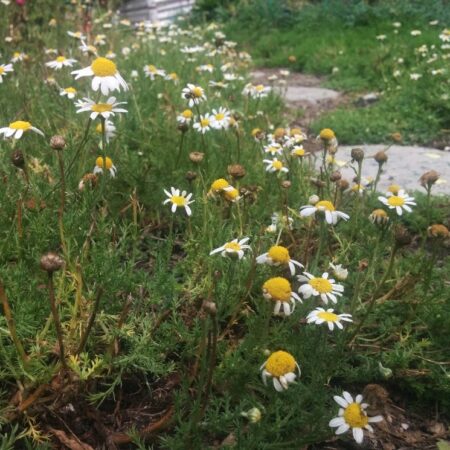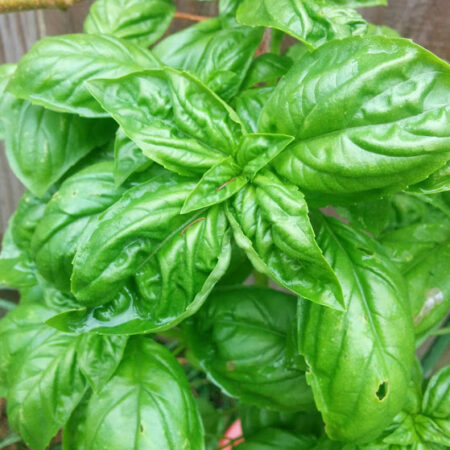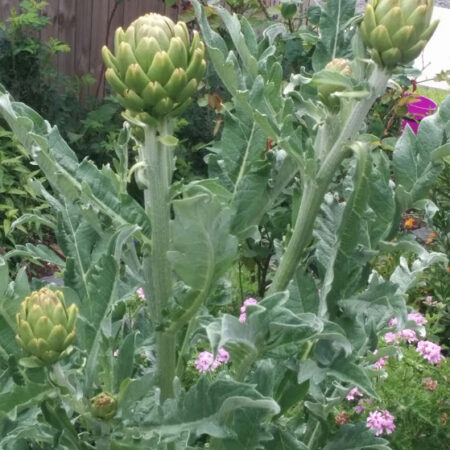Description
The young shoots, leaves and flowers are eaten raw or cooked. With a strong flavour they are added to soups, stews, potatoes and roasted vegetables, also sometimes to breads, cakes, jellies etc. Leaves make a strong and fragrant tea.
Rosemary is commonly grown in herb gardens and is as useful as a domestic remedy as a culinary herb.
It is strongly antiseptic, antispasmodic, appetite-stimulatn, aromatic, astringent, cardiac, carminative, nervine, stimulant, stomachic and tonic.
Great as a pick-me-up when feeling depressed, mentally tired, nervous etc. It has remarkably high antioxidant activity. Can be used to treat headaches, cold, nervous tension, rheumatism, dyspeptic complaints, loss of appetite, and blood pressure problems.
It is a good companion plant to repel insects from neighbouring plants, and the flowers are noted for attracting pollinators, such as bees.
Sachets of dried leaves may repel moths from clothes cupboards. It makes a fantastic hair wash and is helpful in the treatment of dandruf. Leaves are burnt as an incense, fumigant and disinfectant






